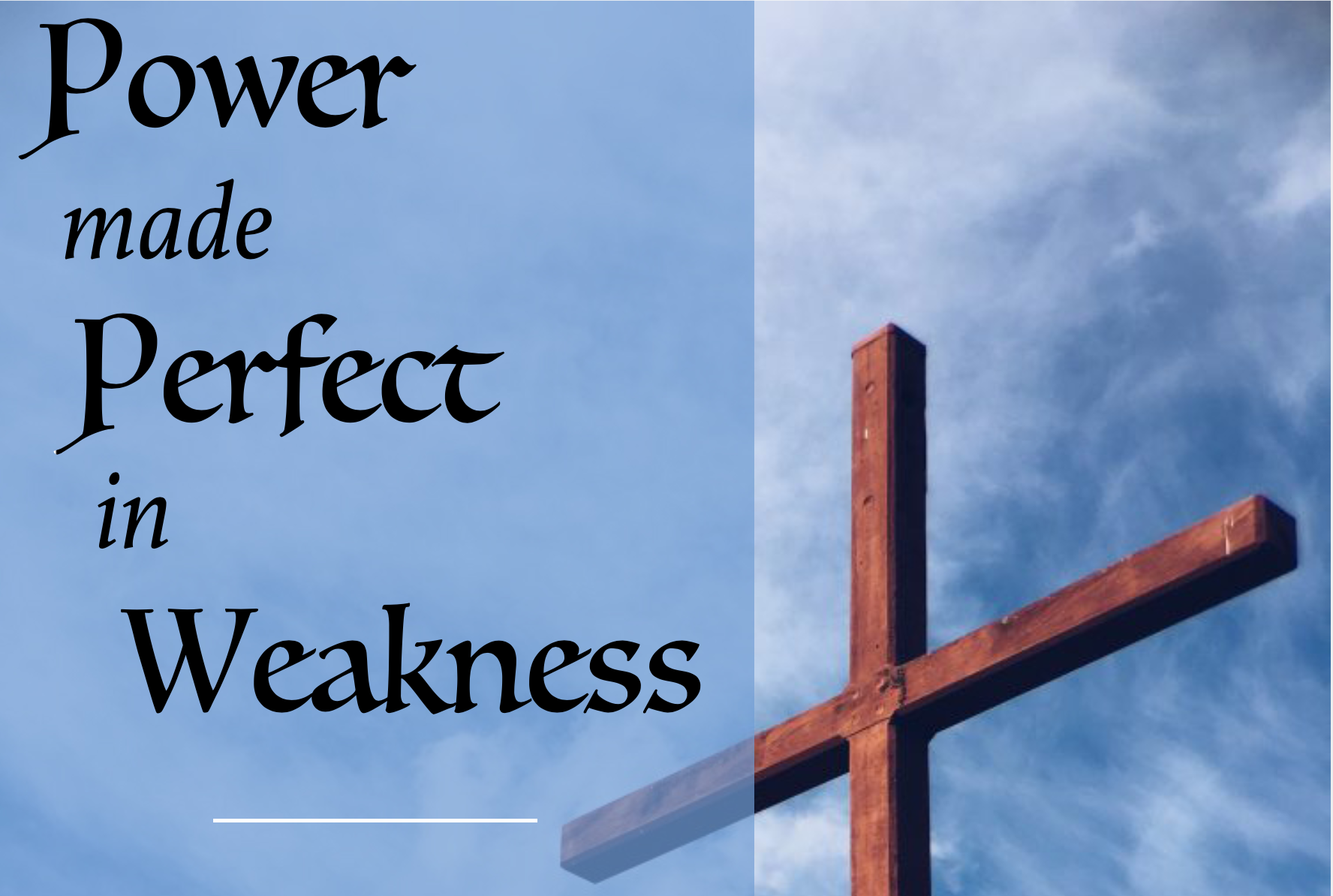Excerpted from Power Made Perfect in Weakness, a Lenten Guide for Lectionary Year A from the North Carolina Council of Churches.
Palm Sunday – Matthew 21:1-11
When they had come near Jerusalem and had reached Bethphage, at the Mount of Olives, Jesus sent two disciples, saying to them, ‘Go into the village ahead of you, and immediately you will find a donkey tied, and a colt with her; untie them and bring them to me. If anyone says anything to you, just say this, “The Lord needs them.” And he will send them immediately.’ This took place to fulfil what had been spoken through the prophet, saying,
‘Tell the daughter of Zion,
Look, your king is coming to you,
humble, and mounted on a donkey,
and on a colt, the foal of a donkey.’
The disciples went and did as Jesus had directed them; they brought the donkey and the colt, and put their cloaks on them, and he sat on them. A very large crowd spread their cloaks on the road, and others cut branches from the trees and spread them on the road. The crowds that went ahead of him and that followed were shouting,
‘Hosanna to the Son of David!
Blessed is the one who comes in the name of the Lord!
Hosanna in the highest heaven!’
When he entered Jerusalem, the whole city was in turmoil, asking, ‘Who is this?’ The crowds were saying, ‘This is the prophet Jesus from Nazareth in Galilee.’
Palm Sunday has always seemed like a paradox to me. We are celebrating the entry of Jesus into Jerusalem, while knowing in a few days he is going to be crucified. We have just spent the past five weeks reflecting on what is to come, but now we need to switch gears and celebrate for a day. Holy Week is one of the most somber times in the Christian year, yet it begins with the paradox of a celebration.
There are paradoxes in the story as well. The entry into Jerusalem celebrates Jesus as king with people laying down palm fronds and coats for him to ride over, yet he is riding a donkey, the symbol of humility. He is being treated like a king while being surrounded by symbols of peace. The juxtaposition of power and weakness is jarring.
In my faith community, we celebrate Palm Sunday by recreating Jesus’ arrival in Jerusalem. We process around the church singing and waving palm fronds in a joyous celebration. People bring flowers and we even throw down coats for everyone to walk on before entering the church. We process around an image of Jesus painted by artist for our congregation.
Throughout the service, however, we grow more somber. There is less singing. We end by reading the passion narrative and depart in silence. Every other Sunday, we have a meal together after the service, but on this day we don’t eat together. The dramatic dichotomy of celebration and silence is a lot to hold in one day. But it points us to the truth of Jesus’ life and teachings.
His miracles showed us that the smallest gift of food—five loaves of bread and two fish—could become an abundance and feed everyone. His teachings showed us that love and help could come from someone we thought was an enemy. He explained that searching for one sheep, even though you still had ninety-nine, was using your time wisely. These juxtapositions of power and privilege teach us the truth about the power of service and humility. Jesus shows us, through his life and teachings, the way the world can be, a world of justice and full of abundance. It’s fitting that in this final week before Easter, we focus on the tension of worldly power and the power of God made perfect in the weakness of the cross.

